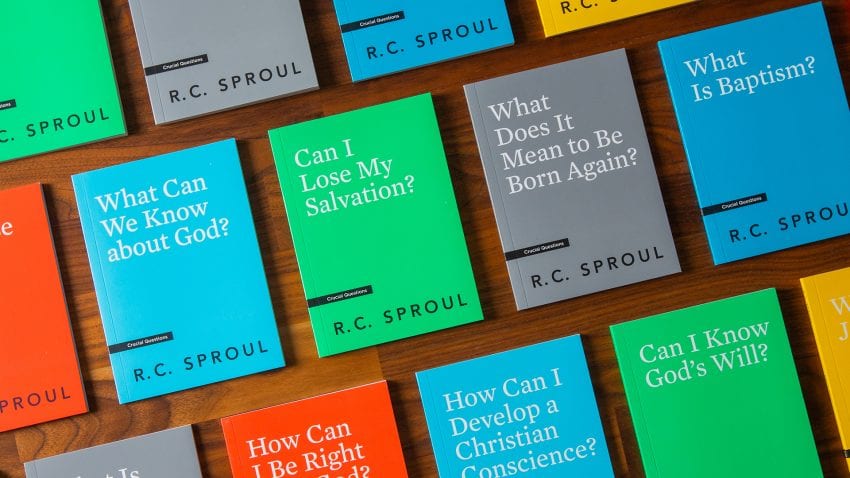Despite the fact that everyone has the Internet for daily use, books haven’t been replaced as an important source of knowledge. In fact, they too, have undergone a series of advancements, an example of it is the development of e-books.
An e-book is an electronic version of a publication. Its files are available online and are distributed virtually to be read on electronic gadgets such as computers or mobile phones. Since everyone now is an avid user of computers and other tech gadgets, it only makes sense that you produce an electronic version of a publication. People are more likely to read the electronic version rather the hard copy these days.
Since there is little information of an e-book available online, the only way they can judge a book by its title. Every writer must have spent at least one sleepless night turning topsy-turfy in his bed thinking about a suitable name for the publication.
The name of a publication triggers an immediate impression on the readers. In other words, a title has a lot to do with sales. There is no dearth of e-books which only survived in the market because their headlines were skillfully crafted.
Are you in two minds which title could turn out to be the best one for your upcoming electronic masterpiece? Or are you afraid that you might make a mess of a good book with a bad title? We are enlisting some key components which you should consider while giving your upcoming e-publication an effective introduction.
1. Identify Relevant Keywords
There are only a handful of writers on the face of the earth whose books are sold by the author name instead of the topic of the publication. Their popularity makes their publications discoverable. But this is not true for the vast majority of the writers.
For the rest of us, keywords play a key role. You must know the keywords about your niche. These are the exact words which are searched by most users when they look for a piece of information related to your subject. What’s more, it’s not even an uphill task. Your SEO department can nail the job without any difficulty.

Once you have the list of right keywords, it can be tempting to go for the “often-used” title keywords. But that means you will step into an intense competition which could be a slippery slope to handle.
You should rather focus on the keywords which fall into the category of “low-hanging fruit”. They will give you a unique standing among the fellow authors and your publication will also not go down unnoticed.
2. Keep it Simple
Simple titles are easy to remember. How many times you were about to suggest a book to someone but could not recall its name that very moment? It’s the hallmark of a poorly-selected headline. A reader should be able to recognize the very publication when he comes across its name.
Besides, even in this digital age, you can’t take the “word-of-mouth” marketing out of the equation. It is still an essential part of a promotion. An uncomplicated title will prove to be a big hurdle in that process.
3. Use Language that Sits Well with Potential Buyers
While writing a book, an author should always know what kind of audience will take an interest in his publication. That’s precisely called a target audience. As soon as you have a clear picture of your target audience, then research a bit more about them.

Learn about their goals, needs, and other aspects of their life. After considering all these factors, you can come up with a title which will trigger a favorable reaction. Simplifying it further, you have to include your audience in the title by using the language which resonates with them.
4. Use power words
There are words which are more powerful than what we usually speak in our routine life. That’s exactly why they are termed as power words because they have the capacity to grasp public attention in no time.
One way or the other, our mind is more receptive towards these terms. “How to”, “free”, “now” and “instant” fall into the category of such expressions.
Rest assured, it is extremely beneficial to place such words. However, that does not give you the license to overdo their usage. Placing power words out of context will never give you the desired results. On the contrary, this tactic is prone to backfire. So balance holds the key here.
5. Title must convey preview
Good titles tend to convey a hint of what a book is all about. That way, the targeted audience will instantly take an interest in the book because not all readers have time to read the content page.

Plus, once the curiosity makes its way into our mind, it is one of the most difficult emotions to roll back. So, needless to say, this trick will make the buying process a fast-paced one.
Make sure, the title should not spell out the whole summary but just about enough preview to prompt the curiosity among readers.
6. The Name Must Compliment the Cover
Most writers have a tendency to overlook this factor. They don’t know that when the cover of the book stands in line with the topic, the effect of the title is greatly enhanced.
Potential readers are dumbfounded if the cover is not complementary to the name of the literary product. Now, this is even among the Amazon rules. It does not accept books if their covers are far too detached from the title. Therefore, as a company, you must instruct your team or professional agency such as designrr to pay special attention to this important aspect.









